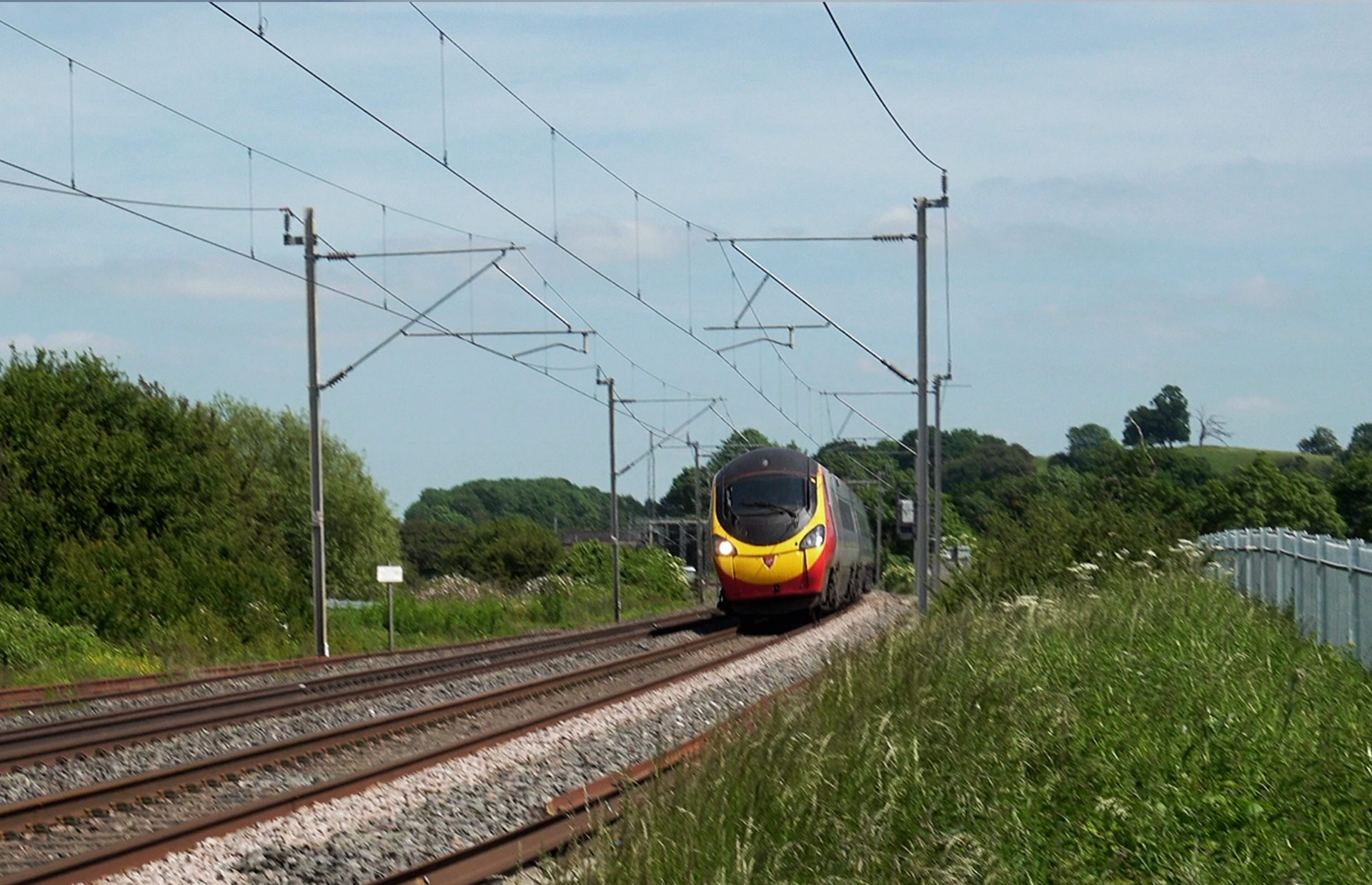
Whilst it has been highly leaked, quoted and prefaced, the William’s Rail Review remains tantalizingly out of reach. Ironically more delayed than the rail services it is looking to improve, the report has been put on the back burner by last winter’s general election and global pandemic.
The biggest issue is who decides what it is that passengers want? What criteria are you using?
However, one thing that we can almost guarantee it will include is a commitment that the new structure ‘will put the passenger at the heart of decision making’. A seemingly innocuous phrase. Difficult to argue with yet equally difficult to fully define.
The first question is which passengers? Passengers have hugely different needs and experiences. Prioritise those needs and ‘punctuality’ wins every time. So is this phrase simply a substitute for ‘we will make trains run on time’. Let’s hope it has more ambition than that!
If you dig deeper, what passengers want is cheaper and less overcrowded trains. An economic oxymoron – reduce prices and increase demand (overcrowding). The cost and time lag on infrastructure improvements solving these problems suggests that it will take far more than one rail review to meet this level of passenger need (ironically Covid-19 may have done that job, at least temporarily, by dampening demand, but it has also highlighted the economic catastrophe that low occupancy levels creates).
Beeching could easily have said that he was putting the passengers at the heart of decision making when introducing his cuts. The majority of passengers were voting with their feet and only using the intercity services, choosing the car over branch lines. therefore, closing and focusing on these core routes could be easily portrayed as representing ‘what passengers wanted’.
So, the biggest issue is who decides what it is that passengers want? What criteria are you using? Is it pure majoritarianism, is it simply stating the obvious or is it just a nice easy soundbite that you pay lip service to whilst juggling the financial books and political fallout that always surrounds the British rail industry.
When you start to look at the detail, nobody knows what passengers really want, because nobody actually knows who these passengers are. Amazon know who their customers are, Facebook probably even more so, and whilst digital based mega-companies can often cross a line, there is no question they are attempting to put their customers at the heart of decision making.
Before the rail industry can truly say it is focusing on delivering what passengers want, it first needs to know who these passengers are. Not the vocal minority. Not the pressure groups of dedicated, but potentially marginalized individuals. But all its passengers.
So when it does finally emerge, blurring the lines between national ownership and privatisation, creating distinctions between franchise models and managed contracts that passengers don’t care one little bit about, will the report put meat on the bones of how it will look to understand what passengers want or simply pay lip service to the concept?
Clearly understanding customer satisfaction is my day job, so I would naturally prioritise listening to passengers over economic jiggery pokery and rebalancing the cost ratio between the taxpayer and the passenger etc. However, the first questions I will be looking for the report to answer are over how it is going to enable the collection of more accurate, passenger level data and exactly how/who is going to decide what it is that passengers actually want.
Speak to Savanta
It is this understanding of both businesses and consumers where Savanta come in. We take a consultative approach to market research with commercial focus driving everything we do. We have many years of experiences working in the travel and transport sector. As such, we have the necessary expertise in your industry and believe we are the perfect partner in these uncertain times.
To find out more please get in touch with one of the team at [email protected]





